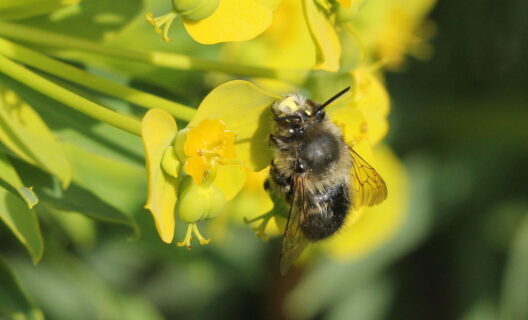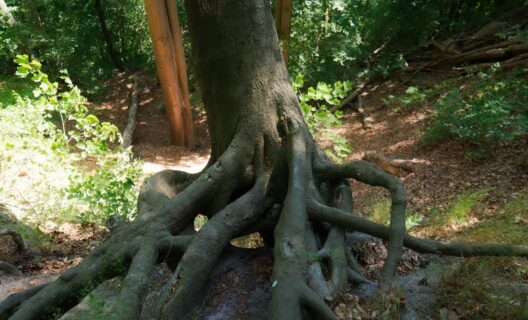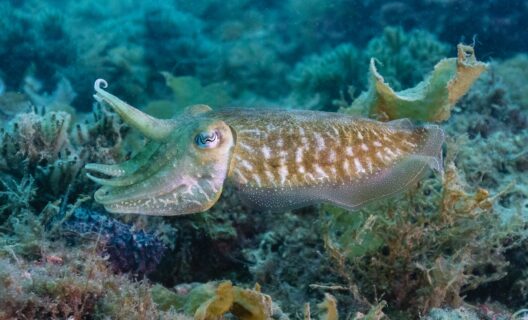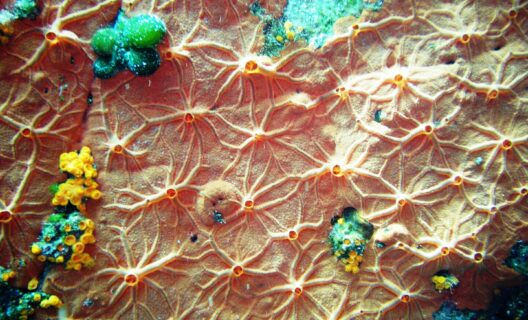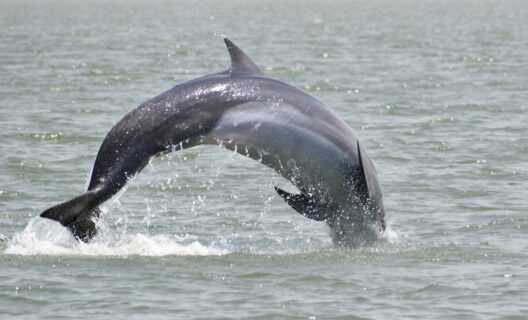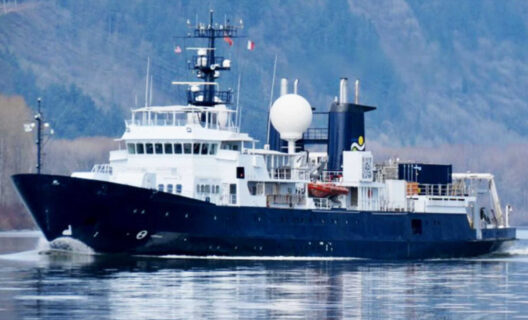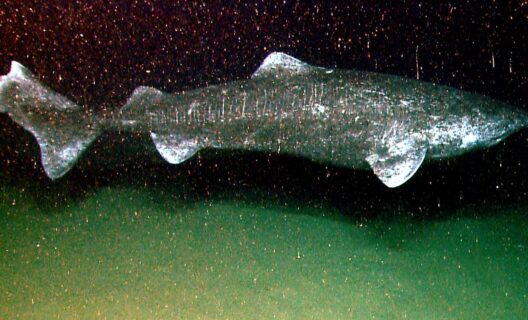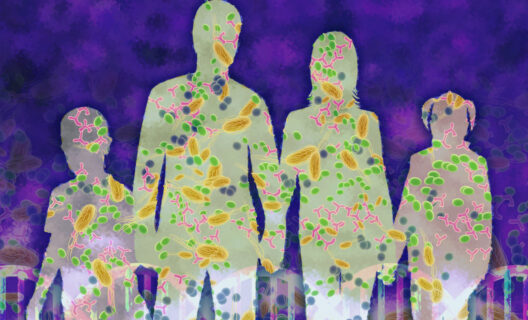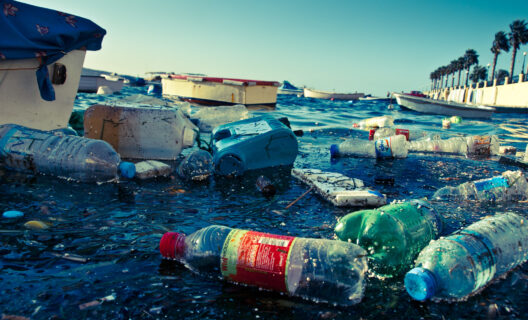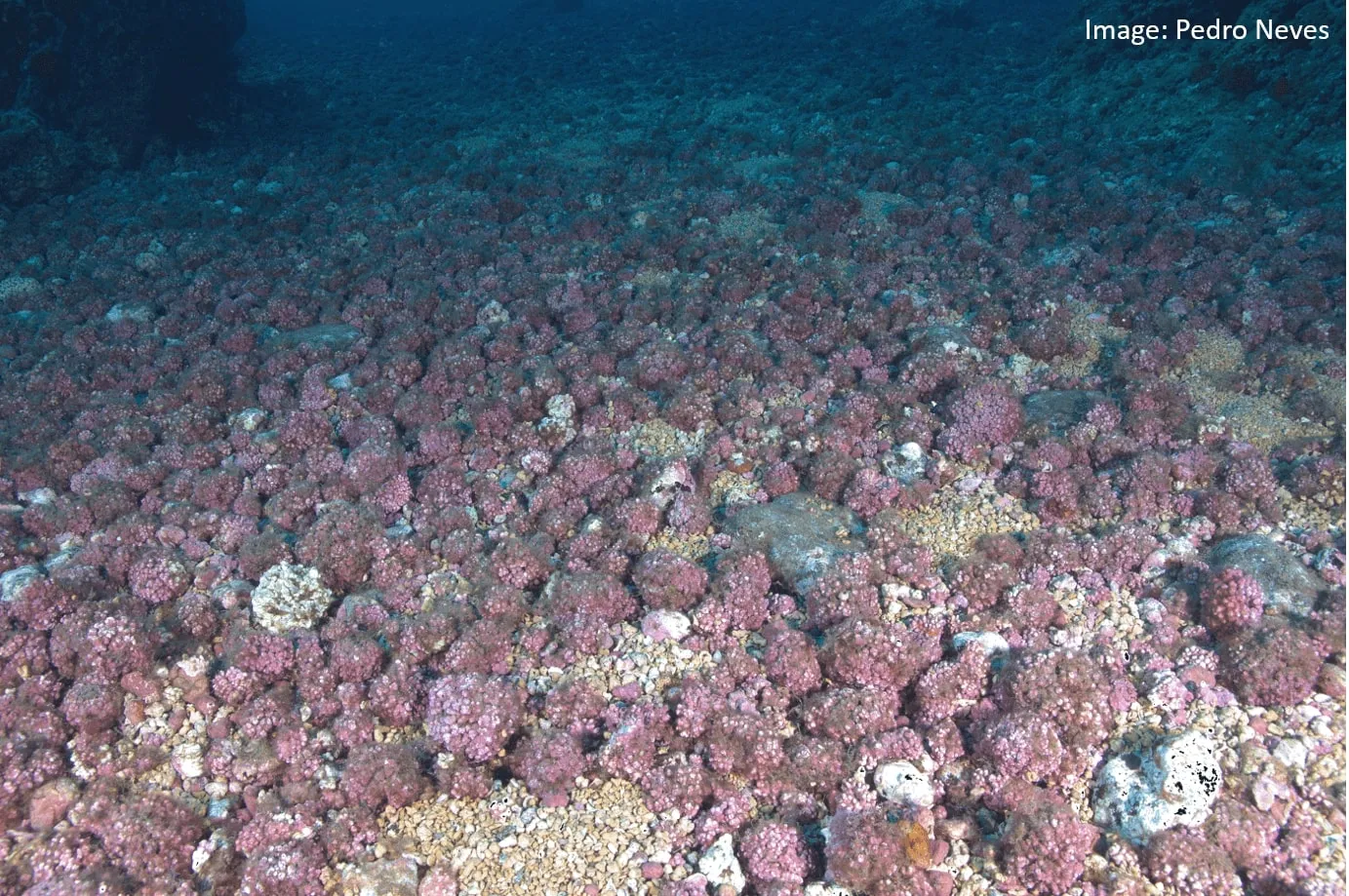

Reading time
0 min
Study reveals key role of algae in countering the effects of climate change
Coralline algae beds play a primary role in the global carbon cycle. This is revealed by research, the results of which have been published in the journal Nature Communications, which highlights how coralline algal beds possess significant capacities to absorb atmospheric carbon and accumulate calcium carbonate in their structures, effectively becoming essential “carbon sinks” for mitigating the effects of climate change. These are marine ecosystems composed, for the most part, of rhodolites and maerl with a typical pinkish color that are still little studied with respect to their importance.
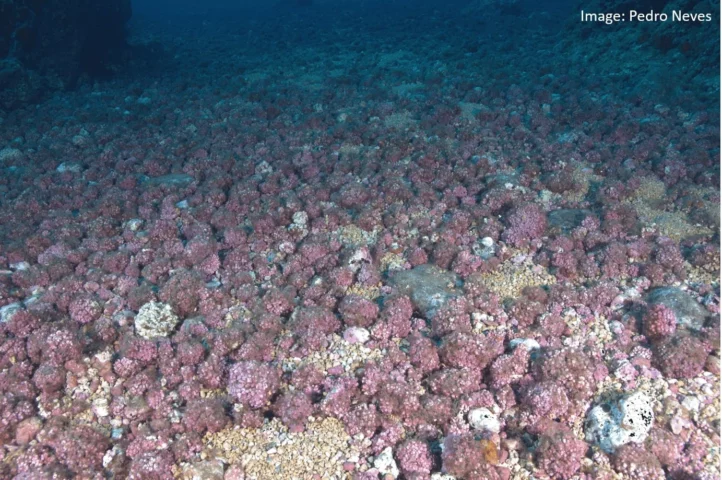
""
The study was conducted by an international team, led by Dr. Nadine Schubert of the University of the Algarve, which also included Italian researchers Dr. Paolo Mancuso of the University of Palermo, Dr. Maria Cristina Mangano of the Stazione Zoologica Anton Dohrn of Sicily Branch and Dr. Federica Ragazzola of the SZN Genoa Branch.
""
The methodology of the study
Coral seagrass beds located in various geographical regions, including seabeds between 2 and 51 meters deep, were considered. A very important finding emerged from these analyses: namely, that the net carbon productivity of these habitats varies with light availability and the composition of the species in question. In particular, some beds are capable of capturing up to 1.35 grams of carbon per square meter per day, far exceeding estimates reported for other marine ecosystems, such as macroalgae forests.
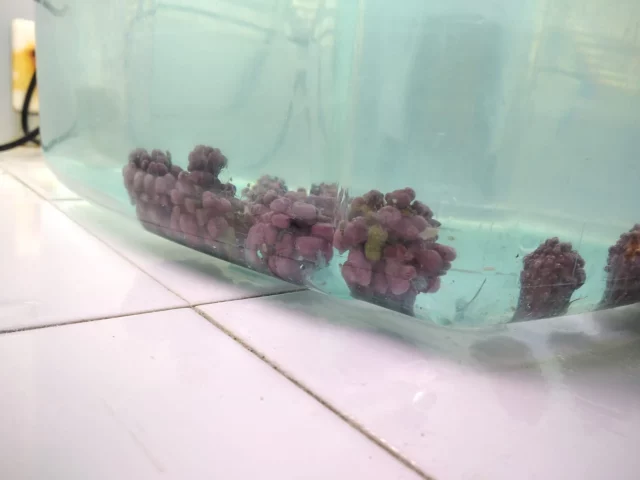
""
The Italian contribution
The research, which was conducted on a global scale, involved our country about the context of the Mediterranean Sea, an area particularly relevant to the study, particularly the Sicilian Marine Protected Area (MPA) of Capo Gallo-Isola delle Femmine, which is being monitored by the University of Palermo given the proximity of the site to the city. The seabed in this area is rich in maerl beds, a key habitat for several marine species. However, these structures are extremely fragile, as well as easily degraded, characteristics that frame them as the focus of monitoring and a conservation plan.
""
Conclusions and appeal to the scientific community
Researchers are calling for coralline algae beds to be included in marine conservation programs, such as the Natura 2000 network, since they are not part of it for now. Indeed, with the increasing acidification of the oceans, it is evident how the role of coralline algae, which act as carbon sinks, becomes essential. Scientists therefore highlight the need to conduct more research to monitor and protect these ecosystems, which can offer a natural solution to curb the impacts of climate change.
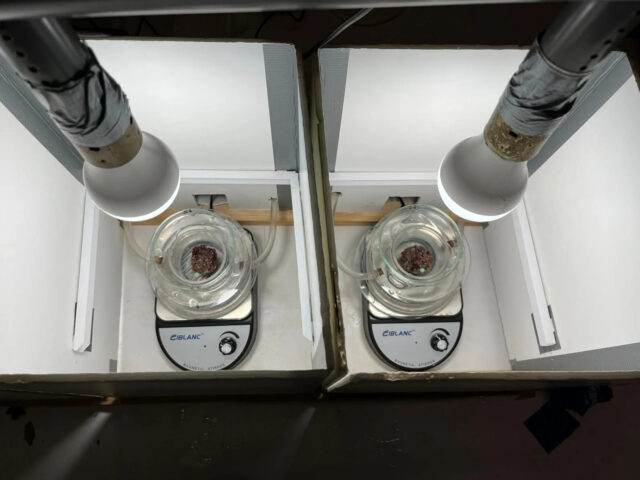
The journey goes on
Every story paves the way for the next: discover where biodiversity takes you



